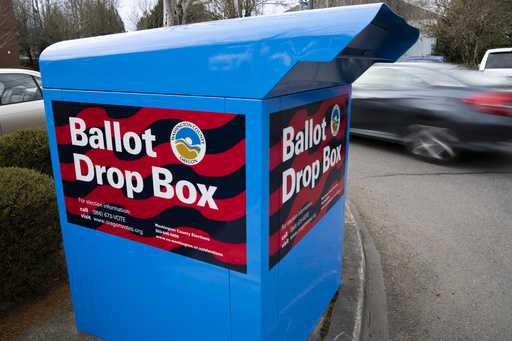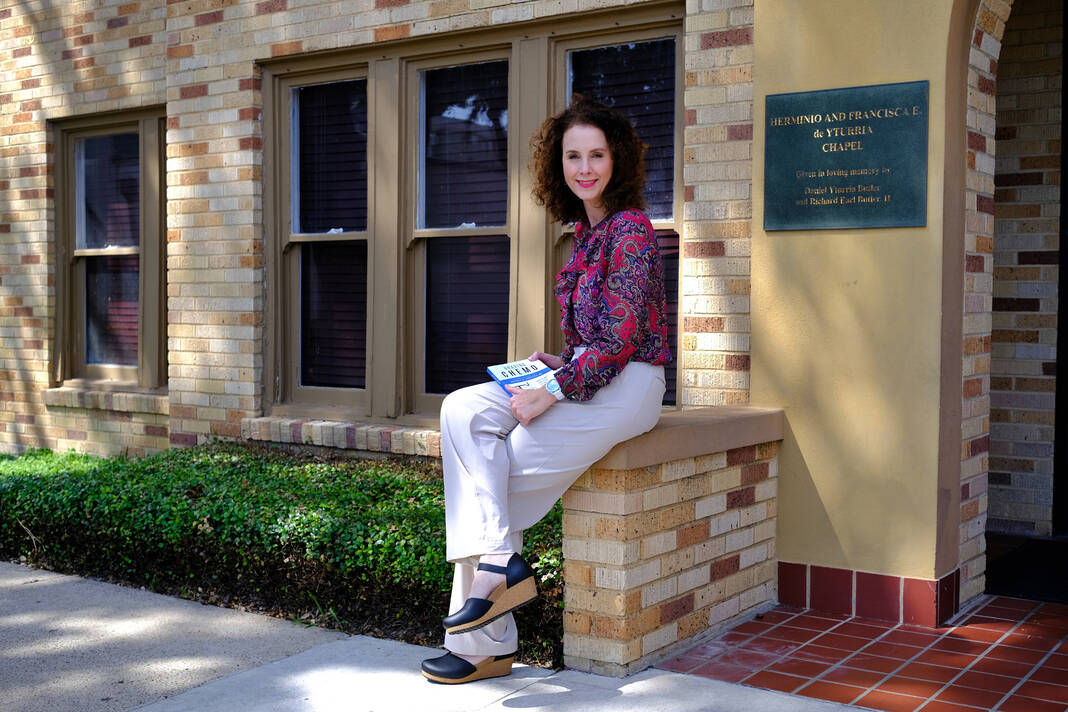MCALLEN, Texas (ValleyCentral) — A national pilot shortage has prompted local initiatives to produce more certified pilots.
The demand for pilots has been an ongoing problem, but it was made worse during the pandemic when pilots were encouraged to retire early as air travel became almost non-existent in 2020.
President of McAllen Flight Academy Hector Zuniga said although he is graduating more students through his academy, they still cannot meet the demand.
One contributing factor is the large amount of pilots who are nearing the required retirement age of 65.
“The pilot pool is getting older. The average age of a pilot especially in an airline is late 40s to early 50s and the required age of retirement is 65 so as an industry we are getting older. It makes perfect sense that there would be a shortage," Zuniga said.
Bob McCreery owns McCreery Aviation in McAllen. He said he believes the high demand for pilots will continue for the next 20 years.
“I will say that the shortage of pilots really came into play right before COVID or during COVID. COVID drew a lot of people to aviation and the need for pilots grew," McCreery said.
There are three different certifications needed to become a commercial airline pilot.
The first step is getting a private pilot license, which is available to any U.S. citizen 16 years or older. The second certification is instrument rating and the third certification is commercial rating. A commercial pilot must also have 1500 hours of flying experience per the Federal Aviation Administration (FAA) regulations.
McAllen Flight Academy partnered with McAllen Independent School District to provide training for private pilot licenses to high school students in the school district. This is the third school year the pilot training is available to students.
Harlingen Consolidated Independent School District launched a similar program this school year.
Zuniga said the Rio Grande Valley provides a better opportunity for becoming a licensed pilot because the cost of training is significantly less than the rest of the country.
“If you go to the northern markets, if you go to the northern schools, you might be going to schools that, for the exact same training, they’re looking for $120,000. In the valley, you can train at just about half the price of anywhere else," Zuniga said. "That’s why there’s a really big importance to the fact that the valley is an excellent and underutilized area of aviation."
 (2).png)
 3 months ago
68
3 months ago
68








 English (US)
English (US)